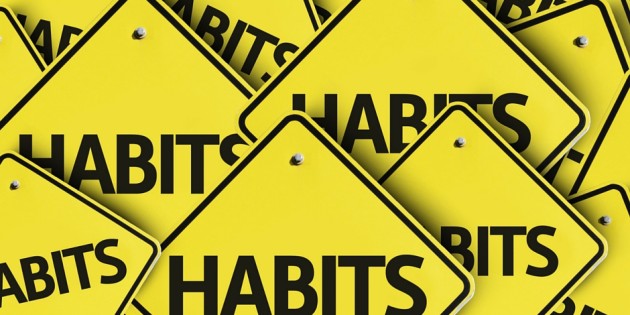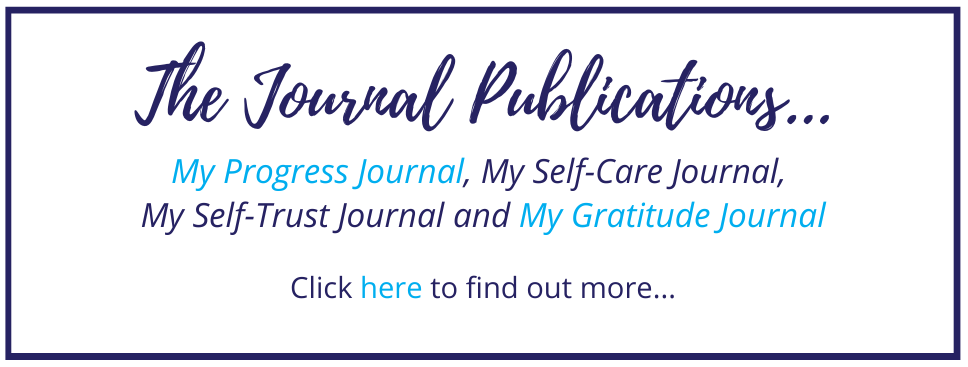Well it is time for Wimbledon! It is an interesting time of year for me as I am often asked questions about the Championships from friends or colleagues (and occasionally family). Given my background in the sport, this isn’t unusual, however this year I have been looking at the tennis in a different way and the lessons I learned whilst I was playing tennis and how these lessons have transferred in to my own career and life and can also relate to your career and life.
One lesson I learnt was the importance of developing habits or rituals. Subsequently, in this post, I am going to discuss –
- What is a Habit or Ritual?
- How Do Habits Work?
- How Long Do Habits Take to Form?
- Why is Developing Habits Important?
- Where You Could Use Habits in Your Career and Life!
What is a Habit or Ritual?
Habits and rituals are often used interchangeably. Moving forward in this article, I will use the word habit. Habit is –
- “a behavior pattern acquired by frequent repetition or physiologic exposure that shows itself in regularity or increased facility of performance” – Merriam-Webster Dictionary
- “a recurrent, often unconscious pattern of behavior that is acquired through frequent repetition” – the Free Dictionary
- “something that you do often or regularly, often without thinking about it” – MacMillan Dictionary
- “are routines of behavior that are repeated regularly and tend to occur subconsciously” – according to Wikipedia.
“Nothing is stronger than habit.” ~ Ovid
How Do Habits Work?
- First there is a trigger or cue (e.g. location, time of day, emotional state, thought, belief, other people or a pattern of behaviour)…
- which then triggers a routine (i.e. ask yourself what triggers the behaviour itself), and
- then you get the reward you want (identify what reward is driving your habit – maybe what are you craving or averting?).
How Long Do Habits Take to Form?
There is a lot of information saying that it takes 21 days to form a habit. However, in 2009, Phillipa Lally and her colleagues from the University College of London investigated how long it took for 96 volunteers to carry out the same action (i.e. eating, drinking or activity behaviour) in the same context (i.e. after breakfast) for 12 weeks. What the researchers found was that it took between 18 to 254 days for the participants to change their behaviour and that the average time taken was 66 days.
The researchers also found missing one opportunity to perform the habit, did not reduce the chance of forming the habit. What this research shows is that it takes a while for changes in behaviour to become habits. There are many variables and it also depends on the change you are wanting to make (i.e. drinking a glass of water each day is very different to doing 50 push-ups before breakfast).
Why is Developing Habits Important?
Whether you consciously realise it or not, today you are the sum total of your choices up until now. Subsequently you can change your life when you change your thoughts, choices and habits. The following quote indicates this so well –
“Watch your thoughts, they become words;
watch your words, they become actions;
watch your actions, they become habits;
watch your habits, they become character;
watch your character, for it becomes your destiny.”
~ Frank Outlaw (via Quote Investigator)
If we go back to the example of tennis, when you are watching the players play, see if you can identify their habits. When you watch closely, most of the players will have a number of habits on the court ranging from returning the serve, handling “bad” calls to recovering after you have made a mistake. As an example, you may have already seen Maria Sharapova do the same routine before she serves or receives a ball.
Why? Again for a number of reasons! Habits can help you –
- focus on what you can control,
- maximise your performance and keeps your actions simple (this helps a lot when you are under pressure),
- develop a game plan,
- increase your confidence and focus,
- have a back-up plan when you are feeling the pressure,
- feel more in control (especially when you have considered different ways of responding when you are under pressure),
- return your focus to when you are feeling distracted.
Where Can You Develop Habits in Your Career or Life?
The short answer is nearly every where! Some examples include – answering the phone, eating food, checking your e-mails or writing a report. To explore this further, you may like to reflect on the following questions –
- What is the first thing you do in the morning when you get up? Is that action a conscious choice or not? If not, how can you change that (if you want to)?
- How do you start your day when you are in the office? Do you know when you have the most energy? Have you identified a natural flow in your workflow or life? Do you think it would be useful to spend some time doing that?
- How do you react or respond to challenging situations? What strategies and resources do you favour or ignore? Would you like to change the reaction or response? If so, how can you develop habits to change?
Over to You…
I hope this post has given you develop awareness around what is a habit, how do habits works, why developing habits is important and ways you could use habits in your career and life.
If you are ready to take yourself on the journey of developing habits and getting to know yourself (your true self), why not join the Toolkit (it’s free)? A place where I share tools, inspiration and ideas to live a courageous and openhearted life.

















Leave A Response